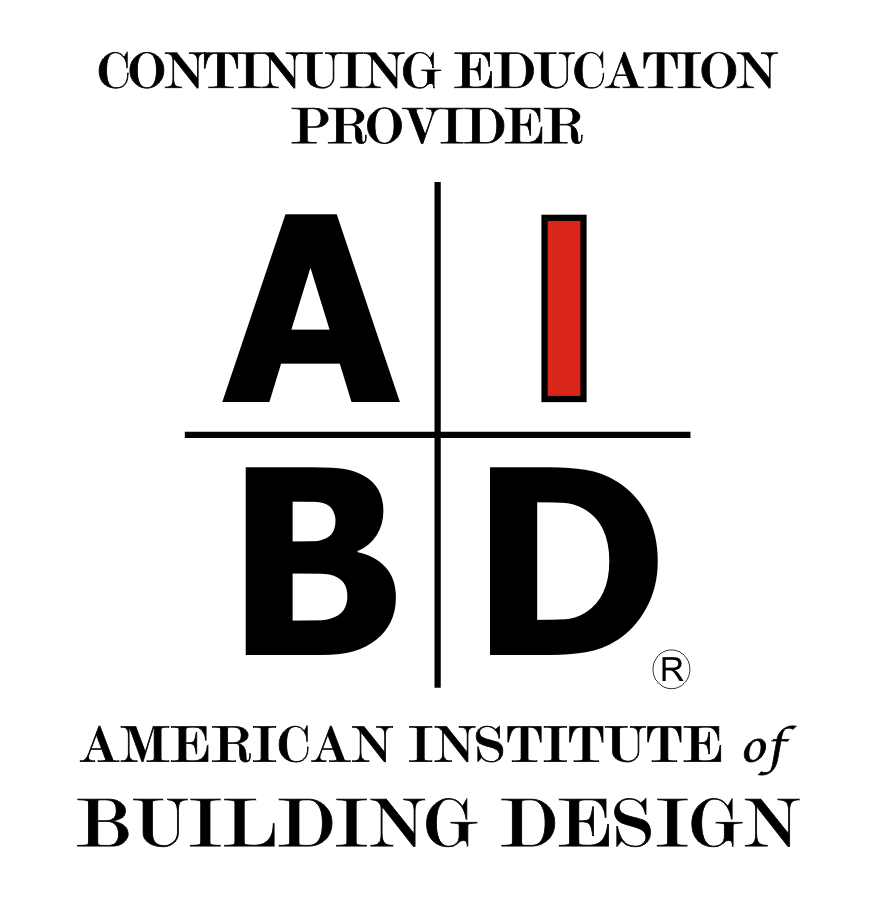
Rob Goodwin - Perkins+Will - Scott Hansche - SLAM
Adaptive reuse of malls and office spaces
Sponsored by Architectural Record | Presented by Rob Goodwin and Scott Hansche
In a wide-ranging conversation, with Rob Goodwin of Perkins+Will, and Scott Hansche of SLAM discusses the adaptive reuse of malls and office spaces in response to declining retail and changing workplace habits, focusing particularly on transforming such spaces into healthcare facilities. They highlight the Perkins+Will-designed Saunders Center in Rochester, a former Sears converted into a major orthopedic outpatient facility, emphasizing design strategies such as improving patient experience, maximizing daylight, and fostering community integration. The discussion also explores broader themes in healthcare design, including sustainability, adaptability for future needs, and the evolution of hospital typologies toward more flexible, community-centered environments.

Photo courtesy of Perkins + Will
The University of Rochester Orthopaedics & Physical Performance Center Transforms a Suburban Mall to meet the region's rising demand for outpatient surgery, therapy, and performance training.
 |
Aaron Prinz is the host of the Design:ED Podcast and holds a Masters of Architecture degree from the University of Texas at Austin. He was born and raised in the rural Northern California town of Red Bluff, just two hours south of the Oregon border. After one year of college, Prinz relocated to San Francisco to pursue a career in stand-up comedy. At age 26, he began studying architecture at Portland State University while interning at Studio Petretti Architecture led by Amanda Petretti. His professional contributions while at Studio Petretti were focused on a portion of the new Multnomah County Courthouse which is a prominent addition to the Portland skyline. He currently resides in Austin, Texas with his wife Roxanne where he continues to work as a designer. |
LEARNING OBJECTIVES
- Comprehend the design and strategic considerations involved in adaptively reusing retail and office spaces for healthcare facilities.
- Explore how architectural design can enhance patient experience through improved accessibility, daylighting, and community integration.
- Analyze the challenges and opportunities of creating flexible, sustainable healthcare environments that can adapt to future needs.
- Evaluate the evolving role of mixed-use developments and decentralized healthcare delivery in shaping urban and suburban communities.












